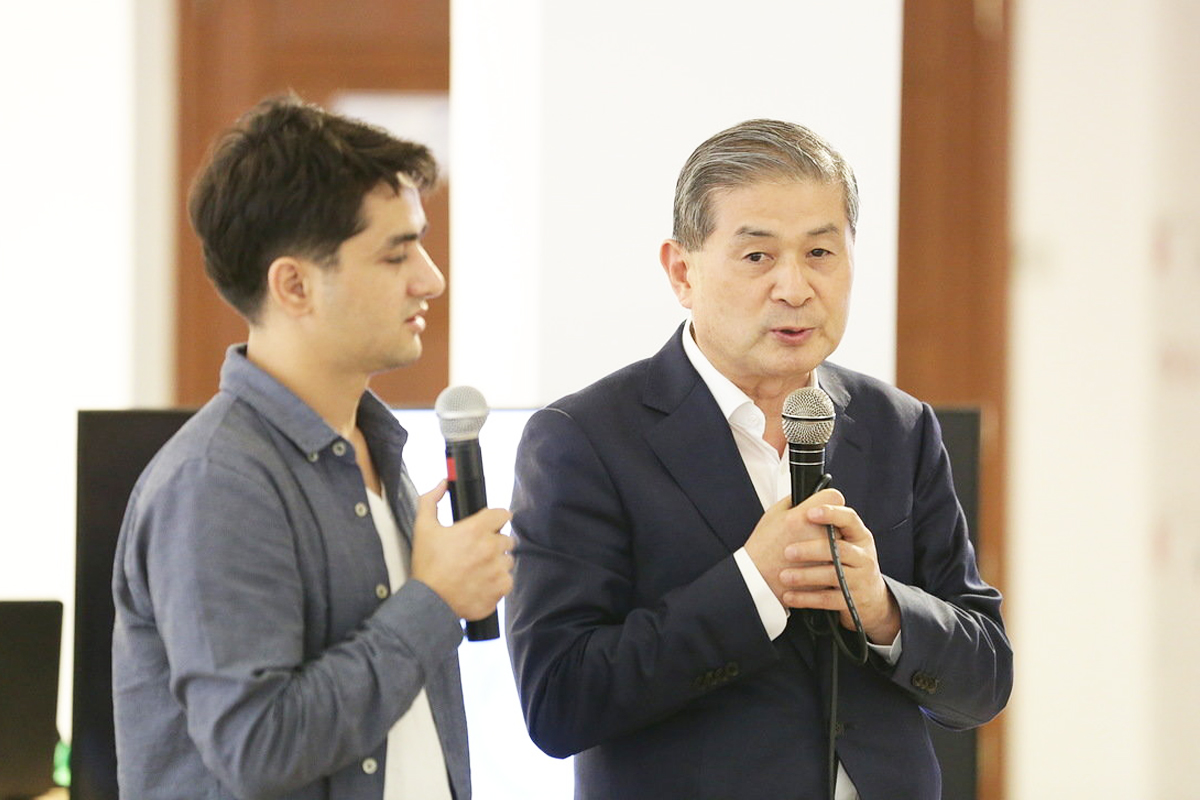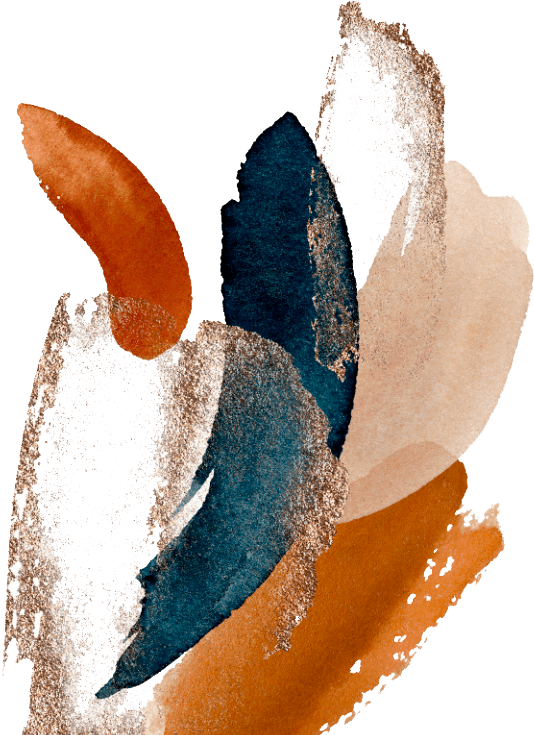
- 06 September 2018
- 2624
Scientists of NEFU and the Korean Institute "Sooam Biotech Research Foundation" can clone the colt of an ancient horse
On September 3, at the National Art Museum of the Republic of Sakha (Yakutia), a meeting was held with Professor Hwang Woo-suk of the Korean Institute “Sooam Biotech Research Foundation”. South Korean scientists together with researchers from North-Eastern Federal University are searching a living cell of the colt of an ancient horse for possible cloning.
It was reported that NEFU scientists prepared a colt of an ancient horse, whose carcass was found in August this year in the Batagay basin of the Verkhoyansky region during a paleontological expedition of the scientists of NEFU Research Institute of the North Applied Ecology, the Japanese University of Kindai and Fuji TV.
According to Semyon Grigoriev, the leading researcher of the laboratory "The Museum of Mammoth named after P.A. Lazarev" of NEFU Research Institute of the North Applied Ecology, the carcass of the colt, which was supposedly about 20 days old, was stored in the ground for 30-40 thousand years. "Fortunately, the animal's muscle tissues were undamaged and well preserved, so we managed to get samples of a unique discovery for biotechnology research", he said.
Professor Hwang Woo-suk added that in collaboration with NEFU scientists, work has begun on finding a living cell for the possible cloning of a colt of an ancient horse. "If we manage to find a cell, then we will do our best to clone a unique animal", he said.
Cloning of ancient animals is a matter of time and technology, which will certainly develop in the near future, said Konstantin Krivoshapkin, Vice Rector for Science and Innovations of NEFU. "Many countries have been working in this direction for a long time, many animals have been cloned already, also due to Sooam Biotech Research Foundation", he stressed. - The world has already seen cloned dogs, for example, the Yakut hunting dog. Unfortunately, more and more animals and plants are disappearing from day to day all over the world, therefore such studies give great prospects for the preservation of the Earth's biodiversity".
Hwang Woo-suk added that he was happy to cooperate with North-Eastern Federal University in the field of studying and reviving fossil animals. "We received various proposals from Moscow, but we cooperate only with NEFU, because outstanding scientists who are really interested in studying ancient animals work at this university, and the university has one of the best technical bases for studying the discoveries", he said.
Reference:
"Sooam Biotech Research Foundation" is one of the world leaders in the field of animal cloning and stem cell research. Specialists of the scientific center were the first in the world to clone a dog and a wolf, carried out interspecific cloning of a coyote and a dog. Within 5 years, the Korean Institute is one of the main foreign scientific partners of NEFU. NEFU students and scientists under the guidance of the famous scientist, Professor Hwang Woo-suk, are trained in cloning technologies and molecular genetic analysis at the Korean Institute. Currently, the parties have signed additional agreements to the treaty, in particular on the study of ancient dogs, the cave lion and the cloning of the forest bison.


 English
English Russian
Russian Chinese
Chinese